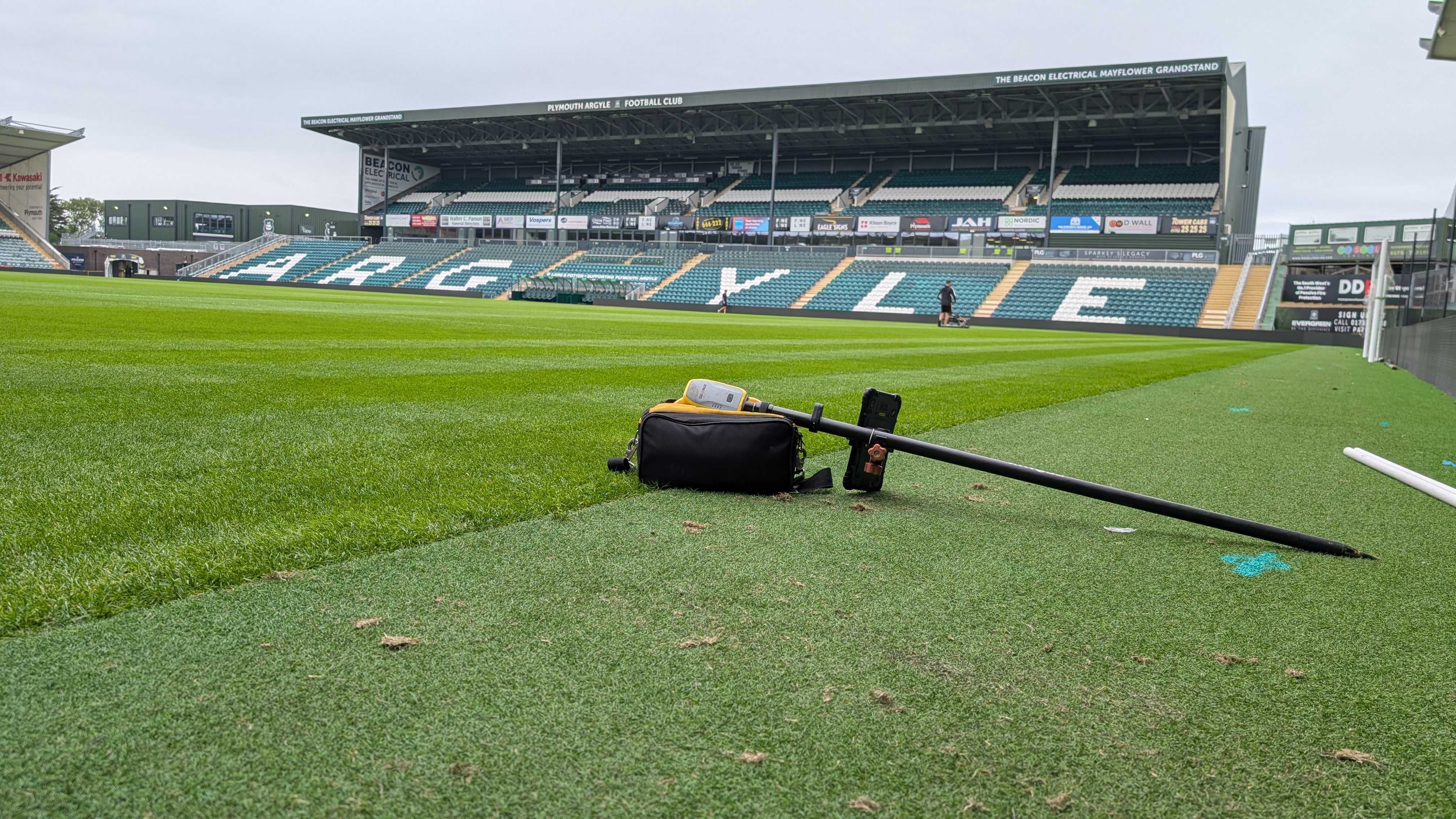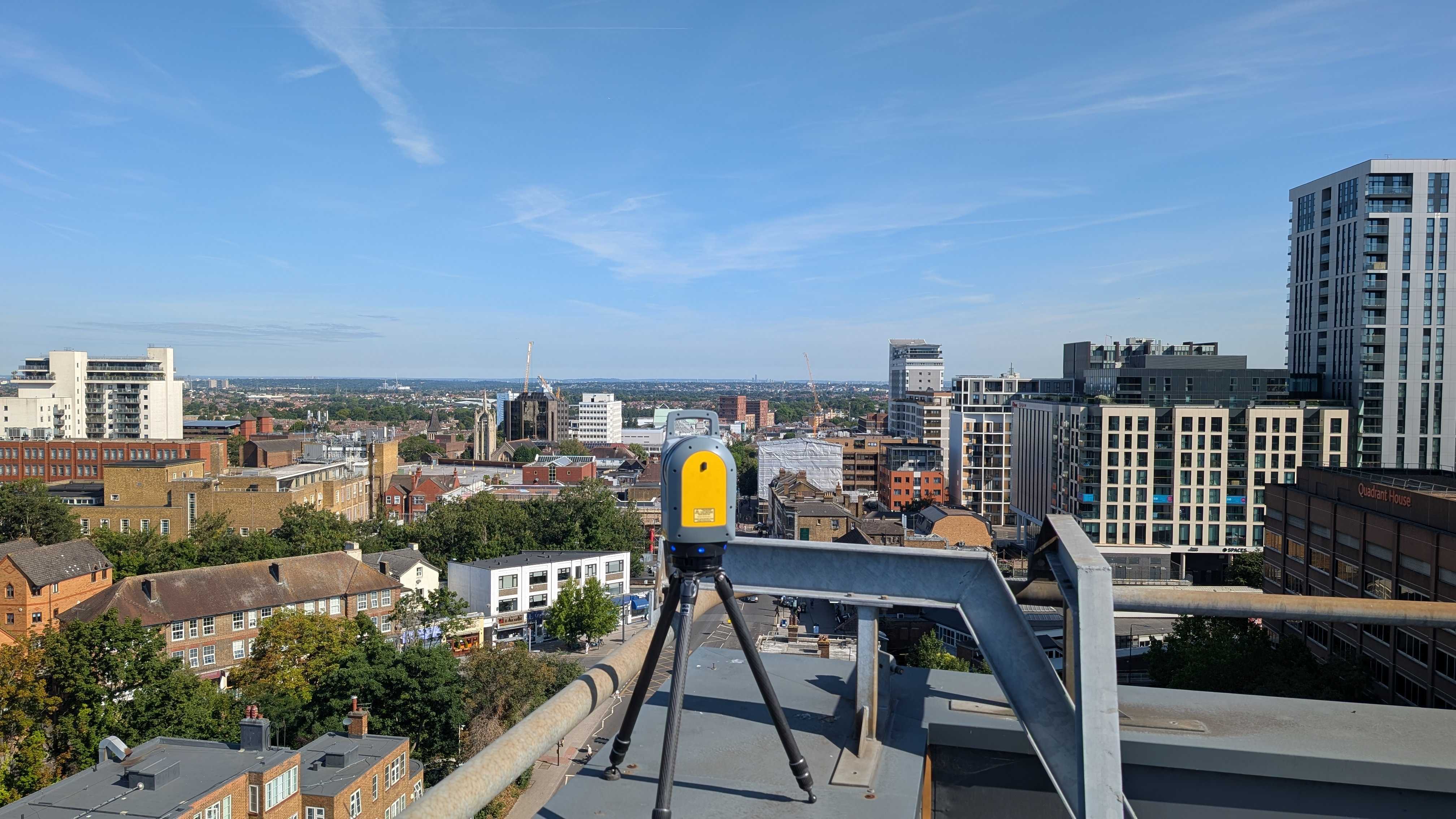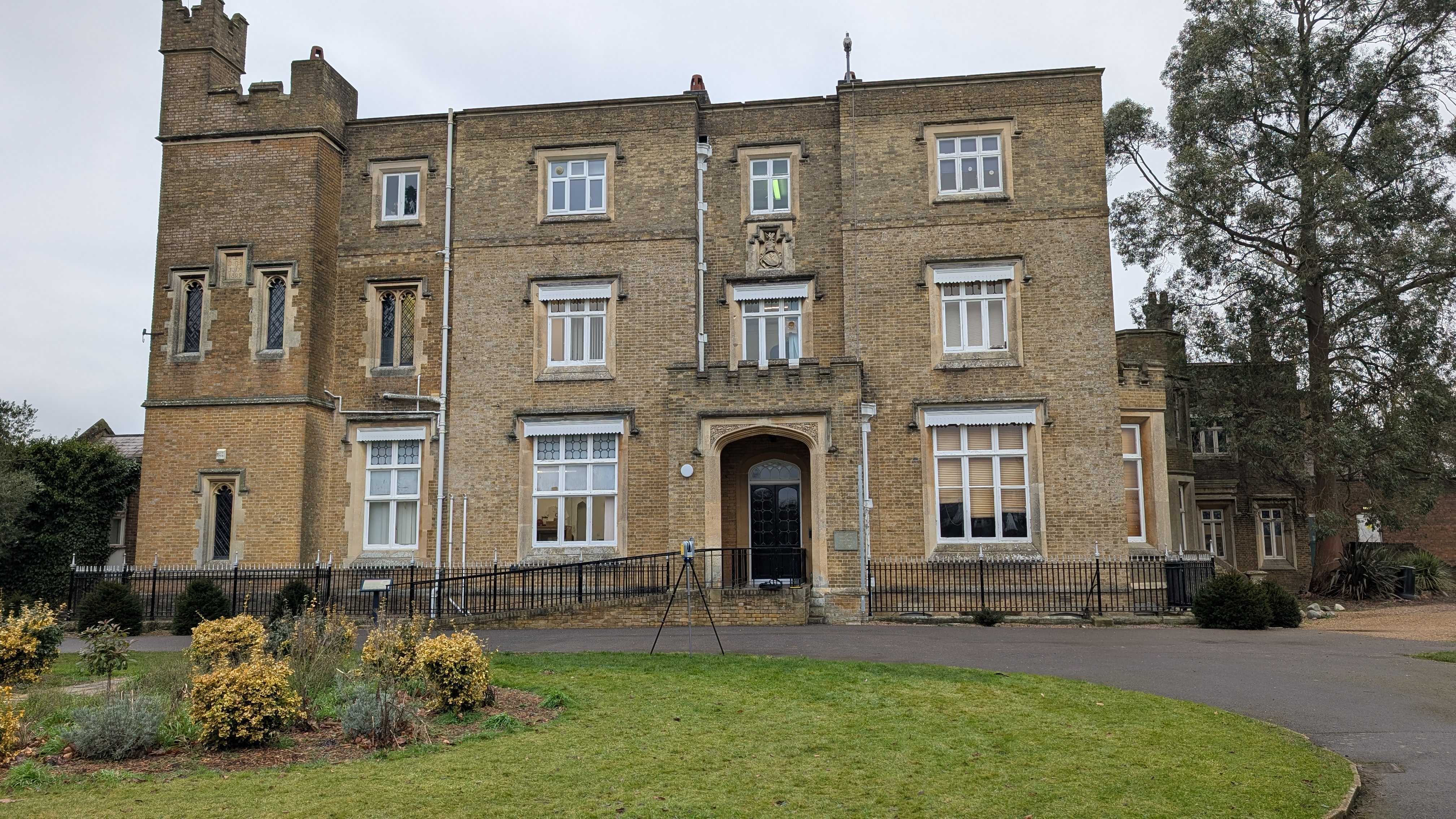For your project, precision isn’t just preferred—it’s essential.
With projects growing in scale and complexity, ensuring that what’s built on-site aligns with design specifications has never been more important. Construction Verification As-Built (CVA) surveys play a pivotal role in this process, providing an accurate, unbiased record of every construction phase.
By catching discrepancies early, ensuring compliance with safety regulations, and delivering an objective quality check, CVA helps construction teams avoid costly mistakes, meet industry standards, and ultimately build safer, more reliable structures.
Read on to discover how construction verification keeps projects on track from start to finish!
The Role of Construction Verification As-Built (CVA) in Quality Control
At their core, CVA surveys document the “as-built” conditions of a project, offering a precise, real-time look at each phase of construction.
In large-scale or complex projects, even minor discrepancies can lead to significant issues down the line. For example, a structural misalignment in early stages might seem negligible, but it could impact the entire build if left unaddressed. CVA identifies these potential issues early, making it possible to address them proactively, ensuring that every element is both on spec and on track.
By providing a detailed, objective record of every construction phase, CVA surveys help prevent errors and maintain a high standard of construction integrity.
Key Pain Points in Construction Projects without Construction Verification As-Built
One major pain point is the risk of errors and rework. In complex projects, even small discrepancies between the design and actual construction can escalate quickly.
A structural deviation left unchecked could result in misaligned installations, requiring costly rework and causing significant delays. Without an objective verification process, these errors often go unnoticed until they’re too costly to correct efficiently.
Another common challenge is ensuring compliance with safety and regulatory standards. Meeting today’s stringent requirements—such as those introduced by the Building Safety Act—requires accurate documentation and quality control at every stage. Without CVA, it’s difficult to keep a clear record of compliance. This lack of verification opens projects to the risk of regulatory fines, costly audits, and even project shutdowns if standards are not met.
Additionally, projects that lack verification measures are often susceptible to safety and liability risks. Construction inherently carries risks, but without regular verification of as-built conditions, potentially hazardous issues might be overlooked, putting workers and future occupants at risk.
Finally, a lack of verification in construction can weaken stakeholder trust and collaboration. When clients, contractors, and stakeholders aren’t certain about the accuracy of ongoing work, trust in the project’s quality and timelines diminishes.
How Construction As-Built Surveys Can Help You
By employing advanced technologies such as 3D laser scanning and drones, these surveys capture precise, up-to-date data on actual construction conditions. This level of detail allows project managers to quickly identify and resolve discrepancies, ensuring alignment between the as-built conditions and the initial design specifications.
These surveys support real-time compliance checks, an increasingly critical need in today’s regulatory environment. As regulations like the Building Safety Act place higher demands on construction quality, CVA provides accurate documentation and a record of compliance that can be reviewed at any stage. This proactive approach not only helps avoid costly fines and delays but also ensures that safety and quality standards are upheld from start to finish.
Furthermore, CVA surveys improve communication and stakeholder confidence by providing clear, objective data that all parties can rely on. The visual aids and detailed reports generated from CVA surveys eliminate ambiguity, allowing clients, contractors, and subcontractors to have a unified understanding of the project’s status and needs.
From a financial perspective, CVA also offers significant cost savings and operational efficiency. By detecting errors and potential issues early, CVA helps avoid the high expenses associated with rework and redesigns, keeping projects within budget and on schedule!
Book Construction Verification With Intersect Surveys Today
In an industry where precision and accountability are equal in importance, Construction Verification As-Built (CVA) surveys stand out as a powerful tool for ensuring quality, compliance, and trust.
If you’re ready to bring this level of accuracy and assurance to your next project, contact us at Intersect Surveys to schedule a Construction Verification As-Built survey.
Let’s work together to ensure your project’s success, from the ground up. Book a survey with us today!
FAQs
1. What is a Construction Verification As-Built (CVA) survey?
A CVA survey documents the “as-built” conditions of a project at every phase, providing an accurate, unbiased record to ensure alignment with design specifications and identify discrepancies early.
2. How do CVA surveys help with compliance and safety?
CVA surveys provide real-time compliance checks and detailed documentation to meet safety regulations, like the Building Safety Act, reducing the risk of fines, audits, and potential project shutdowns.
3. What are the benefits of using CVA surveys for a construction project?
CVA surveys help prevent costly rework by identifying errors early, ensure regulatory compliance, enhance stakeholder trust through clear reporting, and support operational efficiency by keeping projects on track and within budget.









